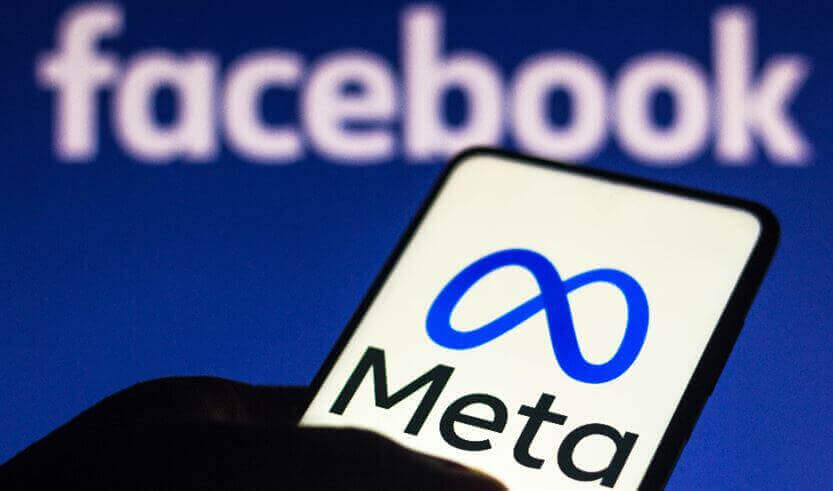Predictions for market trends in digital advertising
Source
https://www.insiderintelligence.com/insights/digit
10 January 2023
Predictions for market trends in digital advertising
The market for digital advertising is booming right now. By 2025, the US digital ad market will be worth more than $300 billion, accounting for more than 75 percent of all media spending. Despite the pandemic's devastating effects on the economy, job market, and consumer confidence, it doesn't appear to have had much of an impact on the boom in digital ad spending.
US Digital Ad Market
In the next four years, US digital ad spending will increase by close to 50%. The market for digital advertising will reach $300 billion by 2025, accounting for more than 75% of all media spending. Digital advertising has surpassed all other types of advertising, but it has also frequently surpassed our expectations in recent years.
Even the most severely impacted sectors, travel, and automobiles have recovered. They made a comeback, despite the fact that travel is not anticipated to return to pre-pandemic levels by 2023. Those segments were the only ones to shrink in 2020 as much of the country shut down. The retail and entertainment industries, for example, grew more quickly in 2021 than they did in 2020. This shows that despite lingering concerns about public health, disruptions to ad spending due to changes in Apple's privacy settings and supply chain issues, they have largely moved past the pandemic.
Over our pre-pandemic projection for 2024, US digital advertisers will spend an additional $64.69 billion in that year. In response to the pandemic, we reduced our estimates in mid-2020; however, each time we updated our forecast, we increased it to progressively higher levels. Spending on digital advertising will account for 77.5% of all media spending in 2025, up from 69.4% in 2021. This change reflects both a robust, resilient ad market for buyers and sellers as well as the effects of digital transformation across media.
We believe that increases in digital ad spending will be driven by upper-funnel ads. Although video is where the budgets are shifting, search is still the major driver of ad spending. This is valid for a variety of platforms and publishers, including CTV services, shops, and even social networks, where video ads are more common than other formats in the sales funnel.
Programmatic display ads will dominate the US ad market
The proportion of programmatic in display ad spending is substantial and increasing. Programmatic transactions accounted for more than 86% of US display ad spending in 2019 and will reach 91% in 2023.
In that time, programmatic display's dollar volume will more than double, rising from just over $61 billion to almost $142 billion.
Gains in CTV, social platforms, and retail media networks will be fueled by walled gardens. The triopoly—Google, Facebook, and Amazon—uses programmatic advertising by default, and as compared to non-triopoly publishers, their share of US display ad spending is increasing. This is mainly because these tech giants control the markets where digital advertising budgets are being spent, like CTV, social, and e-commerce.
Programmatic CTV is becoming more and more popular with consumers. The programmatic portion of CTV ad spending will increase significantly as CTV platforms enhance fraud detection and raise the caliber of their programmatic inventory. Compared to less than 70% in 2021, more than 78% of US CTV video ad spending will be done programmatically in 2023. However, unlike other programmatic display channels, the programmatic guaranteed deals that predominate in CTV environments don't provide the same level of addressability and measurability as those channels do.
We forecast that CTV platforms will enhance their programmatic channels' targeting and measurement capabilities. Growth in programmatic CTV ad spending will be fueled by improvements in cross-channel identity and measurement, as well as in the technologies used to identify who in a household is watching a CTV at any given moment.
AVOD services will keep growing
In 2021, more time was spent using AVOD (advertising-based video on demand) services. According to TVision, US viewers spent 200% more time watching AVOD between May 2020 and May 2021. The time spent watching subscription VOD (SVOD) increased by 100%, while time spent watching TV decreased by 13%, despite the fact that the AVOD increase came from a relatively small base. It should be noted that YouTube and Twitch are included in TVision's definition of AVOD.
Even though they are widely used, SVODs may be expensive for users. In a study conducted by Hub Research in June 2021, it was discovered that more TV viewers preferred the free-with-ads model to the ad-free subscription model. Additionally, a study by Morning Consult and Adweek found that more respondents were interested in an option with ads that cost less than an option without ads that cost more.
AVODs are offered in a variety of flavors and sizes. These free channels come from manufacturers of CTV equipment and smart TVs like Amazon TV, Roku, and Samsung as well as stand-alone services like Pluto TV and Tubi, which are run by Fox and ViacomCBS, respectively. Furthermore, a number of services provide hybrid plans that range in price from cheap ad-supported tiers to more expensive ad-free levels. These include Peacock, Paramount+, Discovery+, Hulu, and HBO Max.
In 2022, at least one new player will enter the AVOD market, according to our forecast. According to Kantar, SVOD service demand is declining, which will probably cause consolidation. However, AVOD market trends indicate that usage, time spent, and demand are all increasing.
Related Articles

18 November 2022
New tools have just been released by Meta to assist creators in expanding their communities, finding new audiences, and making money from their content.

10 September 2024
Lebanese designers Elie Saab and Rami Kadi are embracing the metaverse, redefining fashion shows through immersive digital experiences. By blending haute couture with Web3.0 technology, they create interactive, globally accessible events that push the boundaries of fashion and innovation.